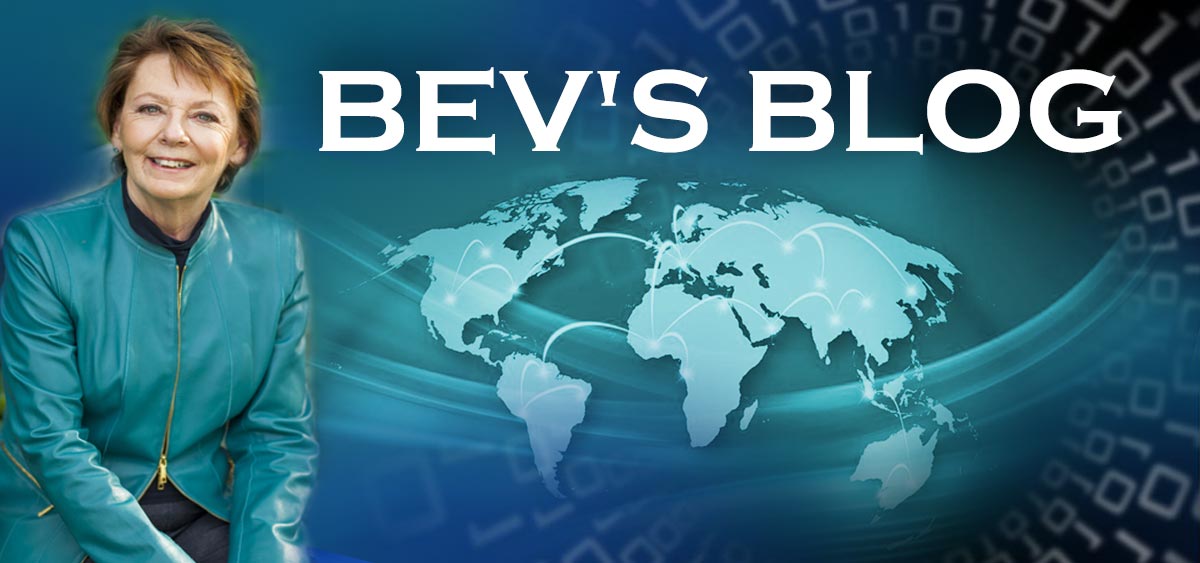Communiqué

Praise Your Team in Ways That Work
By: Beverly Jones
Posted on:
People like to be appreciated. In fact, we need it. If a friend or colleague offers us a warm and sincere “thank you,” we tend to feel acknowledged and validated. And each little expression of gratitude might help create a sense of connection between those giving and receiving thanks.
Psychologists say that feeling appreciated promotes a healthy sense that we are valuable and that our life has meaning. And good managers understand that workers who feel valued are happier and more productive than their peers.
 Human Resources experts often say that if you want people to go the extra mile it is essential to thank them and let them know that they are making a difference. And employee recognition is a key to retention. Not feeling appreciated is a reason folks often give for moving from one employer to another.
Human Resources experts often say that if you want people to go the extra mile it is essential to thank them and let them know that they are making a difference. And employee recognition is a key to retention. Not feeling appreciated is a reason folks often give for moving from one employer to another.
But even though many bosses know the importance of making employees feel appreciated, they may not understand how to go about it. Gallup polls suggest that only one in three U.S. workers strongly agree that they have received recognition or praise for doing good work in the past seven days.
As an executive coach, I frequently hear from professionals that their best work goes unrecognized. A typical situation is that I meet with the client’s supervisor at the start of an engagement. The supervisor raves about the client’s excellent work, explaining that the coaching opportunity is being offered because the client has high potential and is greatly esteemed. Yet the client complains to me that she doesn’t feel appreciated.
In many organizations there is a perception gap. Team leaders believe they lavish thanks and praise, but team members feel unnoticed and undervalued.
One reason for this disconnect is the well known tendency of the human mind to focus more on critical feedback than on the positive. One theory explaining our preoccupation with the negative, from an evolutionary perspective, is that our ancestors who tended to worry were the survivors, and they passed on the genes that make us more likely to focus on threats and negative cues.
Another factor is that when recognition comes along regularly, but in the same old way, we are less likely to notice it. For that reason, savvy leaders try to create celebrations, like events or surprise gifts, as way to underscore their gratitude and make it memorable.
In their latest book, “The Power of Moments,” insightful authors Chip Heath & Dan Heath explore why unexpected gestures can have an extraordinary impact.
They explain that people tend to remember the high and low moments of an experience, and perhaps the beginning and end, but forget the rest.
People feel comfortable when things are in a rut, but we feel more alive when something unusual is happening, the Heath brothers say. And moments that feel out of the ordinary are a powerful way to really hear “thanks” because we are likely to revisit and cherish those memories.
The Heaths say that if you want to express appreciation in a meaningful way you should create a “defining moment” – a short experience that is both meaningful and memorable. You can create a peak moment by breaking the normal script and doing something that makes a person feel joyful and surprised. One way to do that is by “boosting sensory appeal,” which might mean offering food, decorations, funny clothes or anything that makes people want to pull out their phone and take a picture.
They suggest that another way to create times your team will remember is to “elevate milestones.” Break up the sameness of your routines by setting objectives and dates, and then find new ways to acknowledge and even celebrate goals that are reached and work that is done well.
Remember that people need to feel appreciated and they are motivated by a sense that their work is valued. And as you experiment with different ways to say “thank you,” you may discover that by creating defining moments for them, you start feeling more valued and connected yourself.
Subscribe to Bev’s podcast “Jazzed About Work” at Apple Podcasts or Google Play.
Beverly Jones, an alum of Ohio University, is a former lawyer and Fortune 500 executive, an executive and transitions coach, and a leadership consultant with a broad and varied practice. Her column appears at Clearways Consulting LLC. Republshed with permission. For archives and additional content, visit the Clearways Consulting website.

